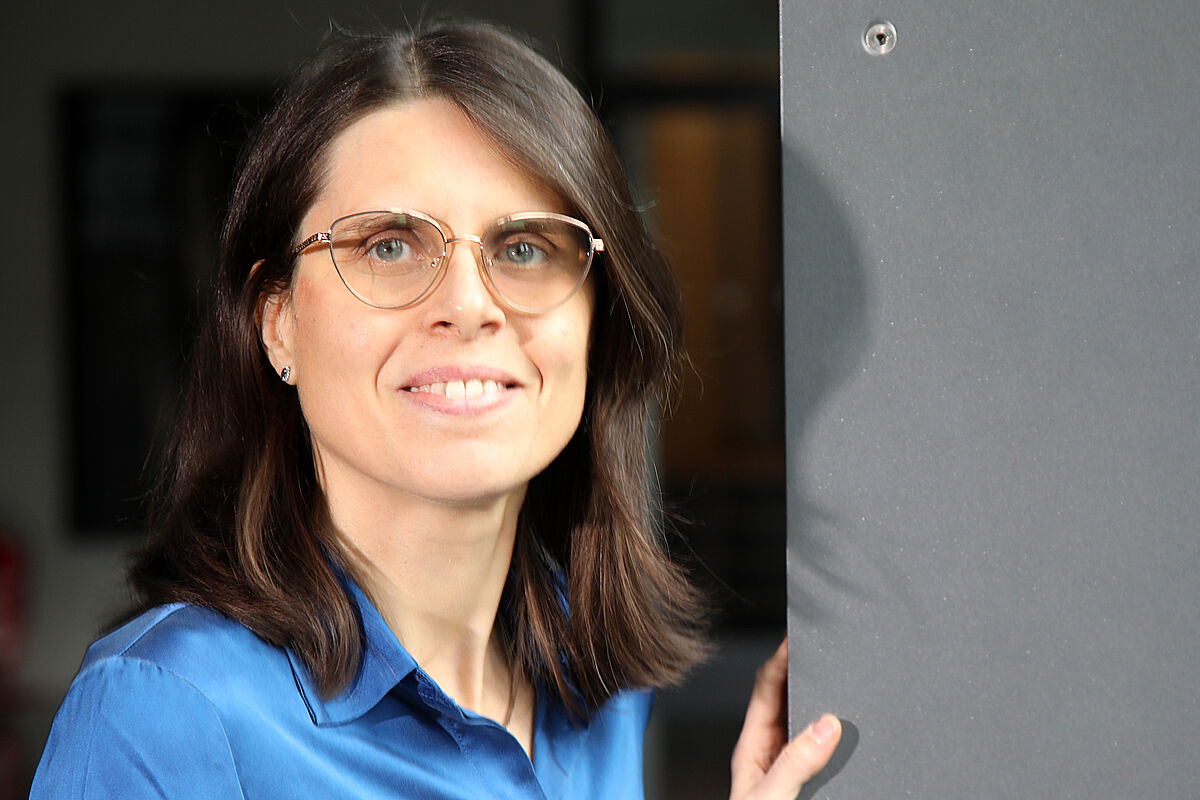
Professor Dr. Laura Carrara
Senior Fellow, October 2025 to September 2026
University of Pisa
- PhD (2012) in Classical Philology / Greek Studies at the Università Ca' Foscari Venezia
- Research assistant at the University of Tübingen (SFB 923 “Threatened Orders”) and at the Heidelberg Academy of Sciences and Humanities (“Commentary on the Chronicle of Malalas”); visiting professor at TU Dresden
- Since November 2022 associate professor of Greek language and literature at the Università di Pisa
Fellow-Projekt: τύποι σεισμολογικοί (typoi seismologikoì). Representing earthquakes in Greek and Latin Literature
From a geophysical point of view earthquakes are unavoidable as well as value-neutral „hard facts“ which find their explanation in the framework of the plate-tectonic theory. For ancient inhabitants of the Mediterranean area (such as, incidentally, for their modern-day successors) they were an everyday threat, due to their frequency and destructive power. However, in antiquity there was only a limited possibility of countering the effects of earthquakes through anti-seismic buildings or of foreseeing the next major shock so as to evacuate people to a safe place (by the way, no simple and undisputed undertaking even today). Thus earthquake were free to unleash their full force in terms both of practical damages and of mental effects. At the interpretive level, earthquakes and similar phenomena posed a theological challenge regarding the justification of evil in the world for pagans and Christians alike; they also proved to be a political gamechanger, a social impact factor, an exemplary object of observation for pre-instrumental science and, last but not least, a popular literary subject that found resonance in almost all genres of poetry and prose. Earthquakes are thus an ideal point of observation for a new contouring of ancient societies capable of freeing them from their traditional idealized portrait and reflecting back dazzling, risky as well as resilient realities of life, which profile themselves in the attempt to cope with this ‘extraordinary normality’.
